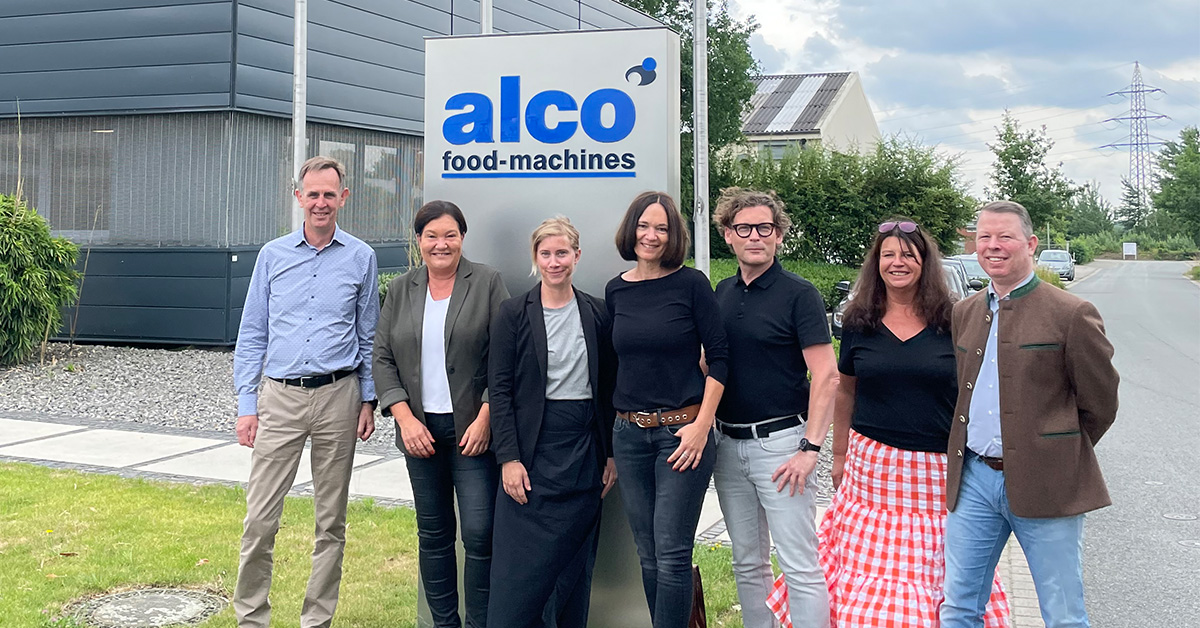JBT has announced the acquisition of Alco-food-machines GmbH & Co. KG (Alco), a leading provider of further food processing solutions and production lines, which is expected to help JBT expand its solutions for ready meal and plant-based protein processors.
“Alco has been a family business for generations and over time has built an excellent reputation in the market for providing leading further processing technology solutions with strong ties in the DACH region,” said Brian Deck, JBT President and Chief Executive Officer.
“Alco represents the ideal fit for JBT where our family of brands approach and our broad food and beverage platform offers a compelling succession opportunity for companies with leading technology and food domain expertise.”
“We are excited about the possibilities in the next phase of growth for Alco,” said Alco Managing Director, Thomas Kleine-Ausberg.

“The acquisition of Alco complements and expands our product offering in further processing, in particular, expanding our offering in convenience meal lines as well as alternative and plant-based protein technology,” said Bob Petrie, EVP and President, Protein.
“Bringing our companies and technologies together supports our vision to be the preferred solutions partner for our customers, backed by unparalleled application expertise and best-in-class local service support. Alco also further strengthens our presence and capabilities in the important German market,” added Petrie.
Alco was founded in Bad Iburg, Germany in 1977 based on the idea from Heinz and Gertrud Algra to make the best machines in the industry, which today, produce everything from noodle sauces, and pizza to convenience and snack foods.
“JBT has always been viewed as a leader in food processing, and its approach to preserving the Alco brand and continuing the family legacy of technology and service was of the utmost importance in finding the right partner to acquire the business,” said Isabelle Kleine-Ausberg, former shareholder of Alco.
Alco expects 2022 revenue of approximately $35 million with EBITDA margins in the low double digits prior to synergies.

